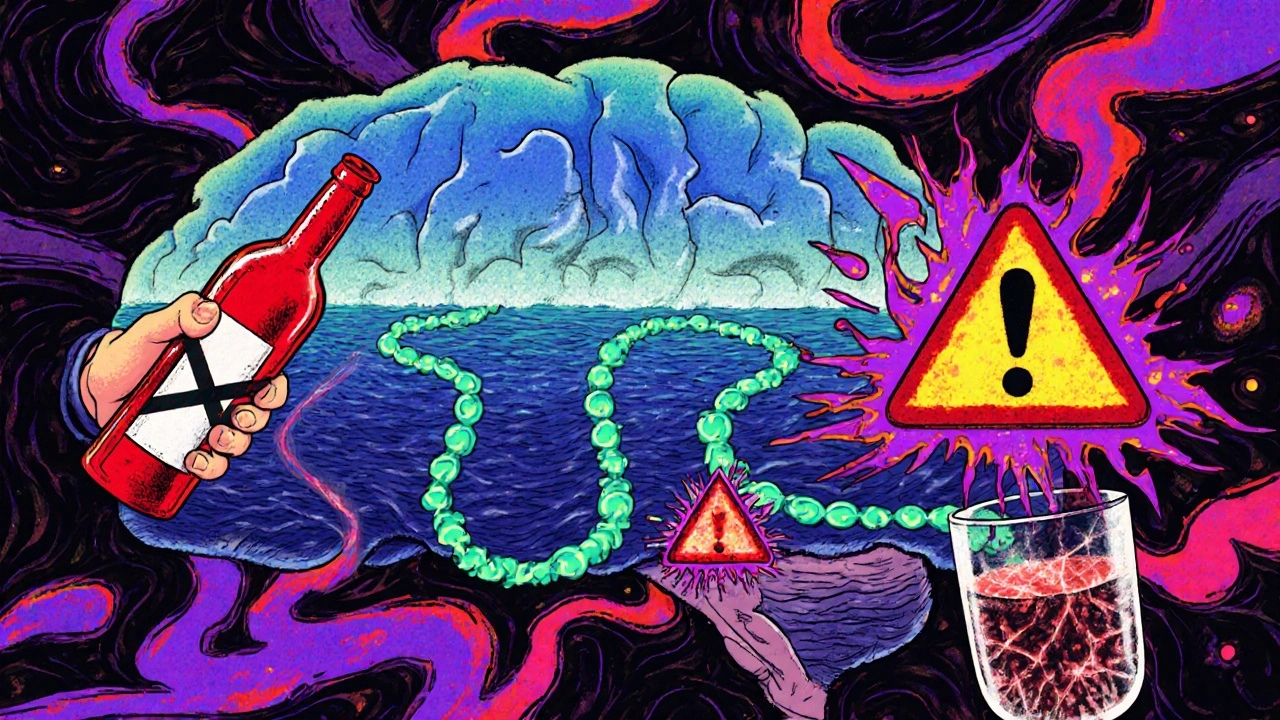Alcohol Use Disorder Medications: What Works and What to Know
When someone struggles with alcohol use disorder, a chronic condition marked by compulsive drinking despite harmful consequences. Also known as alcohol dependence, it’s not a matter of willpower—it’s a brain chemistry issue that can be treated with proven medications. Many people think quitting drinking is all about strength, but science shows that certain drugs can actually help rewire the brain’s reward system, reduce cravings, and make recovery possible.
Three main medications are approved for this: naltrexone, a pill or monthly shot that blocks the pleasurable effects of alcohol, acamprosate, which helps stabilize brain chemicals after stopping drinking, and disulfiram, a drug that causes unpleasant reactions if alcohol is consumed. These aren’t magic pills—they work best when paired with counseling or support groups—but they’ve helped thousands stay sober. Naltrexone is often preferred because it’s easy to take and doesn’t force you to feel sick. Acamprosate helps with the anxiety and restlessness that follow quitting. Disulfiram acts like a strong deterrent—some people call it the "fear pill" because it makes drinking a risky choice.
What’s missing from most conversations is how these drugs fit into daily life. You don’t need to hit rock bottom to use them. Many people start naltrexone while still drinking to reduce how much they consume. Others take acamprosate after their last drink to calm their nerves. And disulfiram? It’s not for everyone—it requires serious commitment. The key is matching the drug to your goals, your lifestyle, and your body’s response. There’s no one-size-fits-all solution, and that’s okay. What matters is finding what works for you, not what sounds right on paper.
These medications don’t cure alcohol use disorder, but they give you back control. They turn a daily battle into a manageable routine. You’ll still need to change habits, avoid triggers, and build a support system—but with the right drug, the weight lifts just enough to let you breathe. Below, you’ll find real comparisons, personal stories, and science-backed insights on how these treatments actually work in practice—and which ones people stick with long-term.
Medications for Alcohol Use Disorder: How They Reduce Relapse Risk - and When They Don’t
Medications for alcohol use disorder can reduce relapse risk - but only if chosen correctly and taken consistently. Learn how naltrexone, acamprosate, and disulfiram work, who they help most, and why so many people stop taking them.
